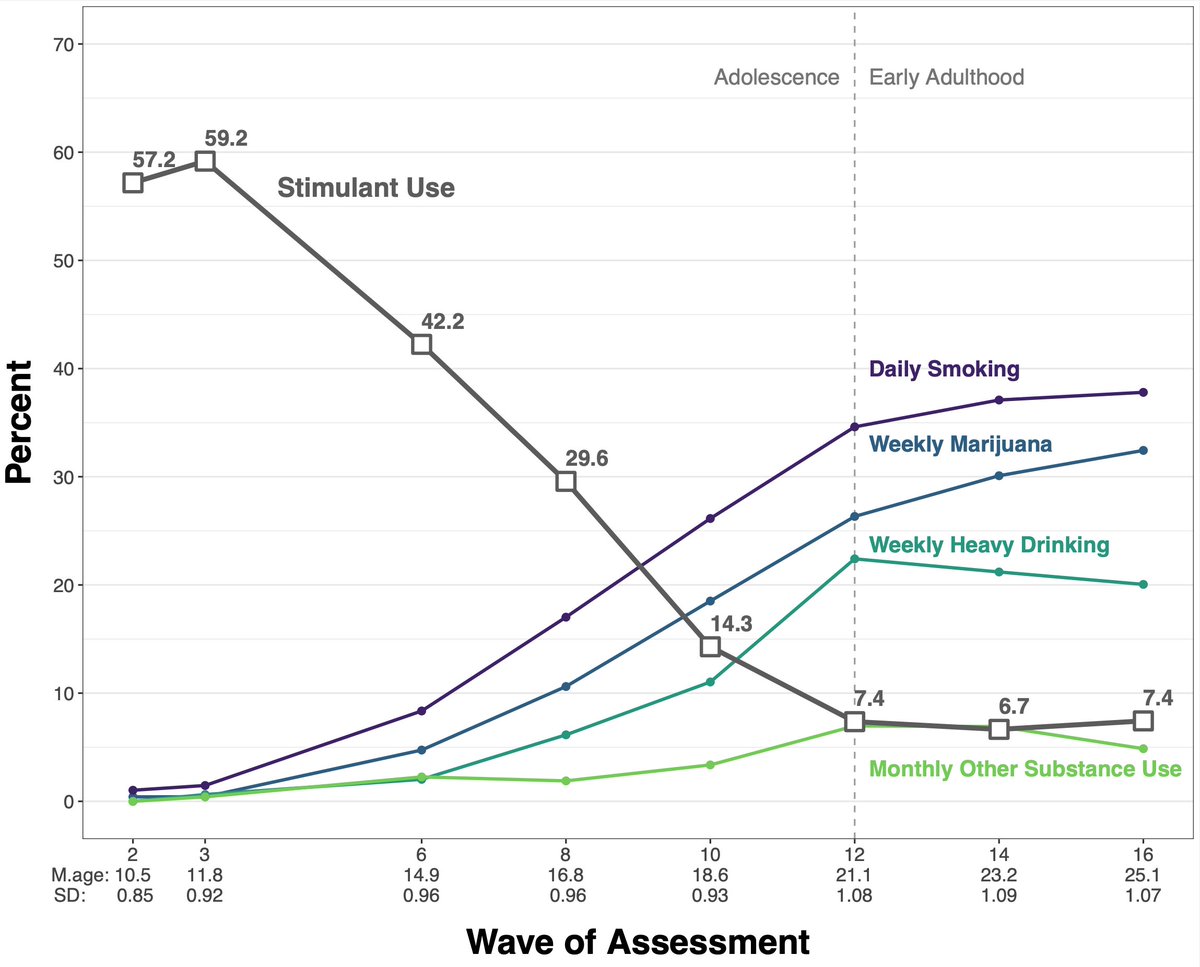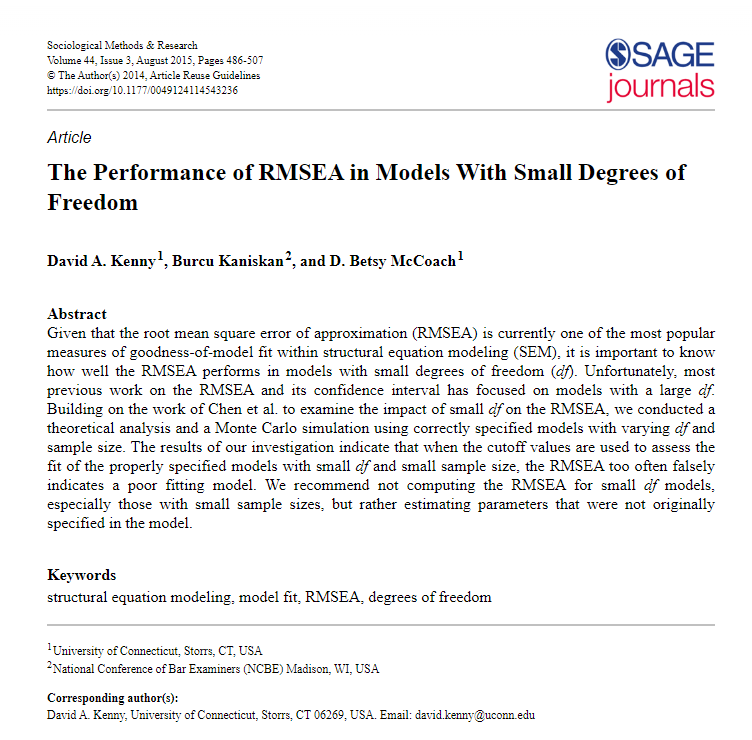
Sean Mackinnon
@seanpmackinnon
Instructor at Dalhousie University. Personality, statistics, mixed methods
Mastodon: @[email protected]
Bluesky:
[email protected]
ID:755887224399552512
20-07-2016 22:08:52
6,0K Tweets
820 Followers
241 Following






So...hi! I don't really post here as often these days, but I find myself stuck in an airport with a delayed flight only to find out that an 'in-press' publication with my awesome coauthors Ed Kroc & Bruno D. Zumbo has come out. And this was a fun one! link.springer.com/article/10.375… 1/13

Cameron Patrick The way I reconcile these two is by thinking about the data as the product of a data generating process we designed ourselves. The mistake, as we say in a recent paper, is to assume 'that the data are generated by a natural mechanism and hence can reveal a ground truth.'














